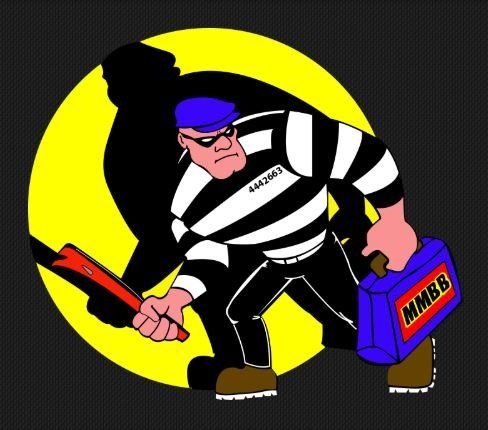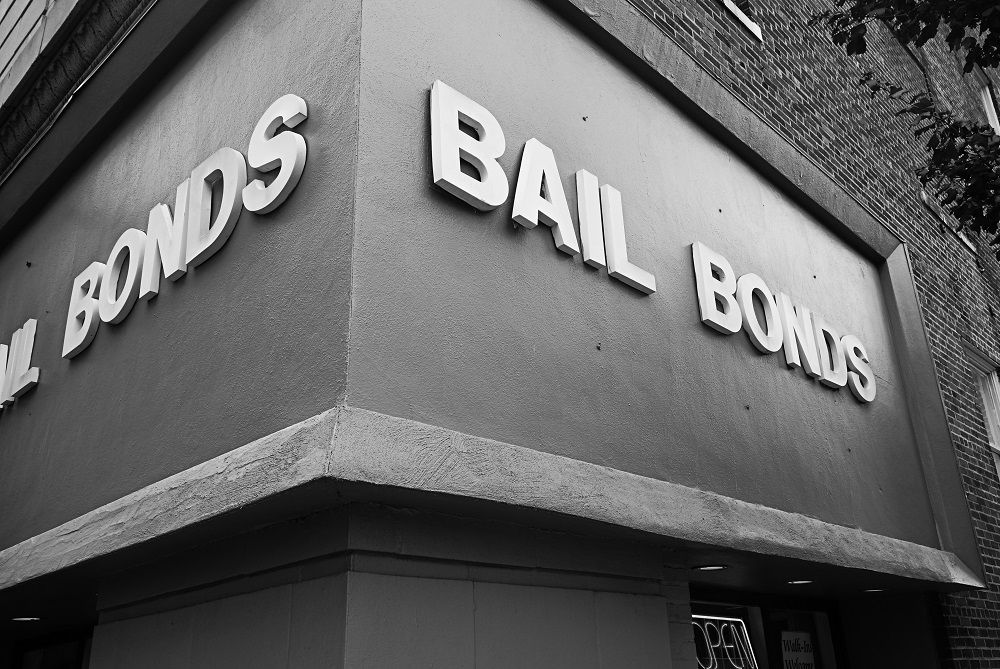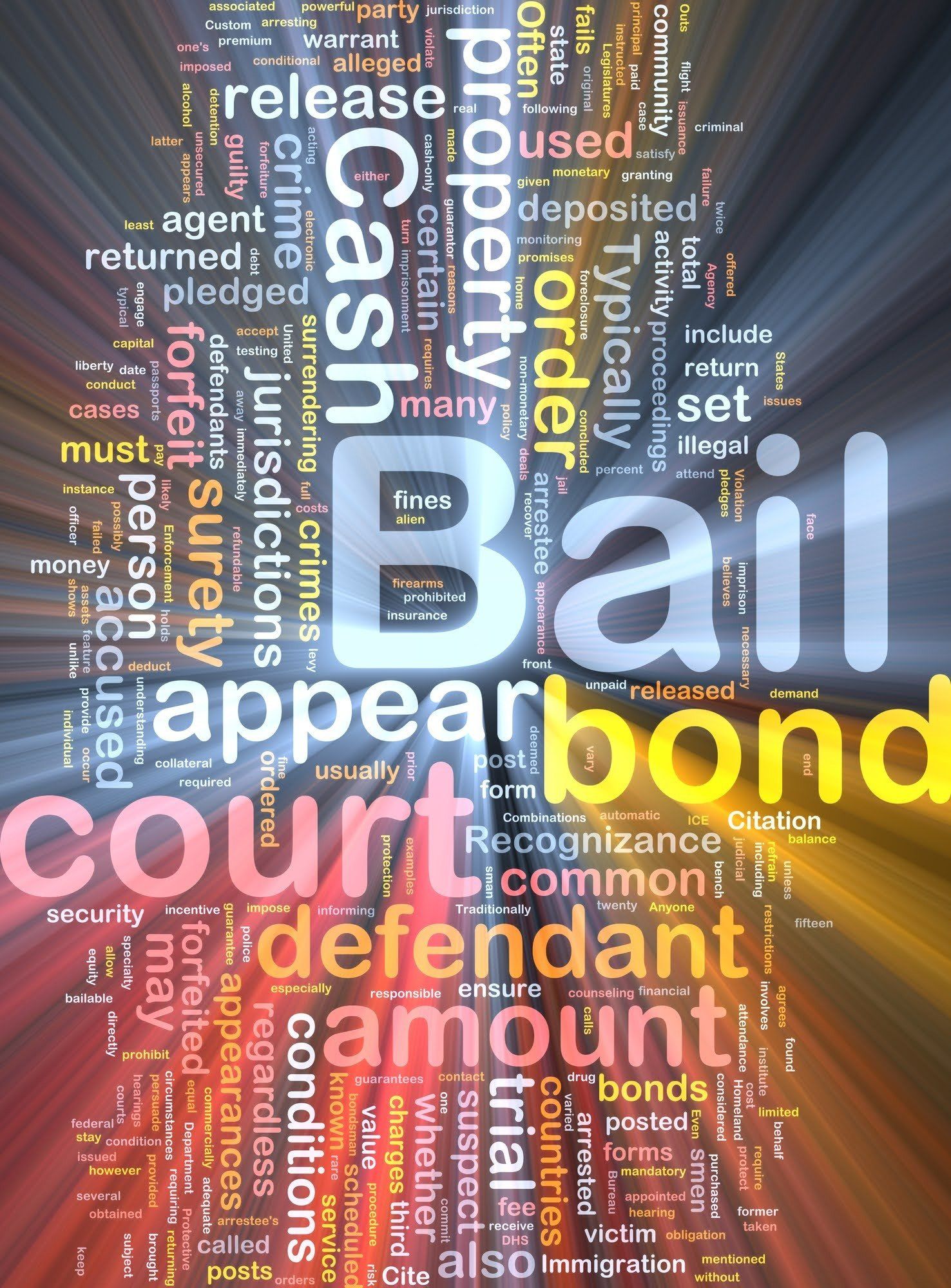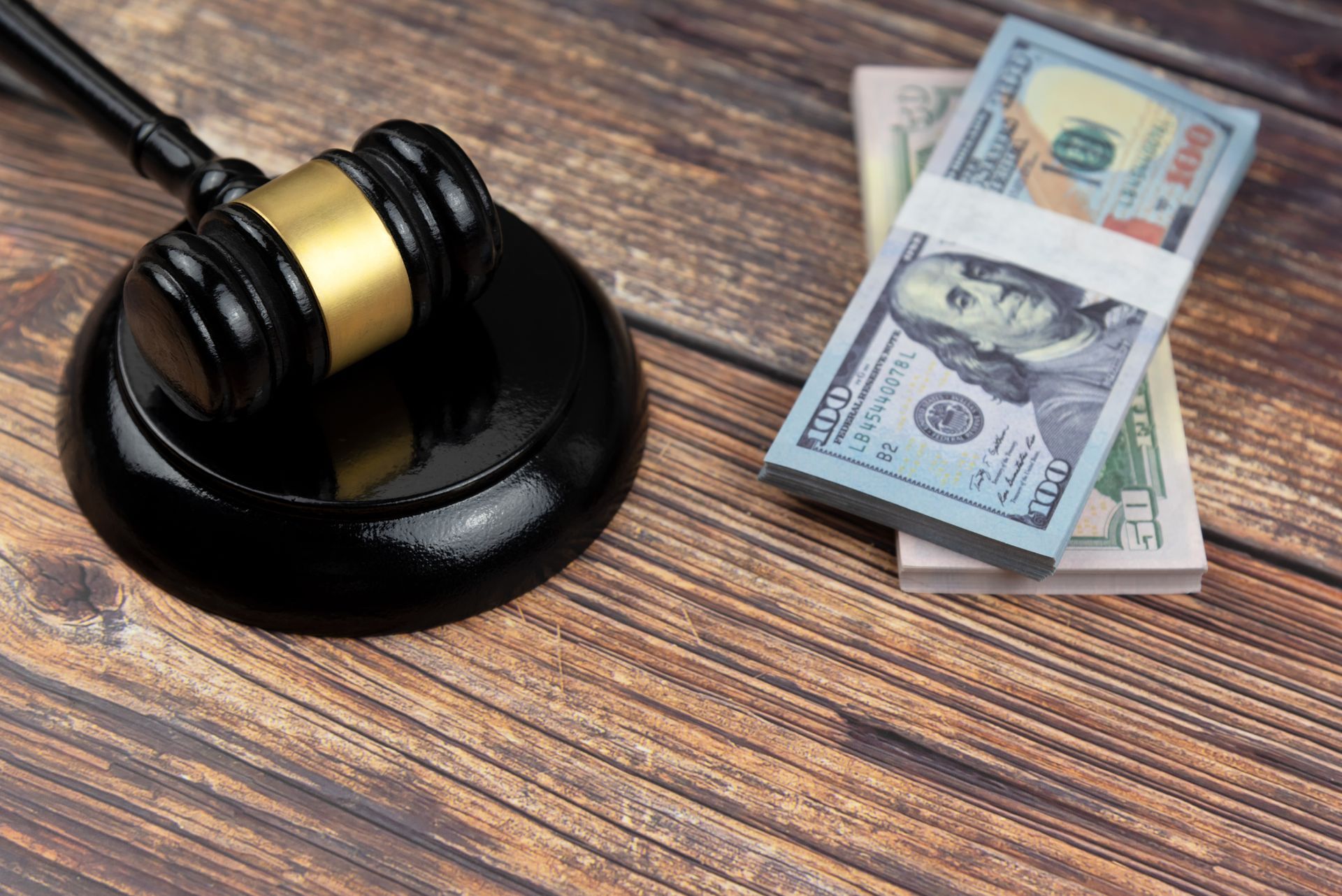How a Bail Bond Differs From a Loan

A bail bond is a type of legal agreement that is used to secure the release of a defendant from jail until their trial. It differs from various types of loans in several ways.
Here is how a bail bond works and what makes it unique.
How Does a Bail Bond Work?
When a person is arrested and charged with a crime, they may have to appear in court for a bail hearing. The judge will decide whether to grant bail—an amount of money that the defendant has to pay to the court as a guarantee that they will show up for their trial. If the accused person is unable to afford the amount designated as bail, they can request the assistance of a bail bond agent, also known as a bondsman.
A bail bond agent is a person or a company that lends money to defendants in exchange for a fee, usually 10 percent of the bail amount. The agent also requires the defendant to provide some form of collateral—such as property, car, or jewelry—to secure the loan. The agent then pays the bail amount to the court on behalf of the defendant, and the defendant is released from jail.
The defendant has to follow certain conditions while out on bail, such as reporting to the agent regularly, not leaving the state, and not committing any new crimes. If the defendant fails to comply with these conditions or does not show up for their trial, the agent can revoke the bail bond and send the defendant back to jail. The agent can also claim the collateral and sue the defendant for any unpaid fees or expenses.
What Makes a Bail Bond Different From Other Types of Loans?
A bail bond is different from various loans in multiple ways.
Not a Personal Loan
A bail bond is not a personal loan, but a contractual obligation between the defendant, the agent, and the court. The agent acts as surety—they guarantee that the defendant will appear in court. The agent does not lend money to the defendant directly but pays the court on their behalf.
Not Based on Your Credit Score
A bail bond is not based on credit score or income, but on the risk of flight and the severity of the charge. The agent evaluates each case individually and decides whether to approve or deny the bail bond request. The agent may also require co-signers, who are people who agree to be responsible for the defendant's debt if they fail to appear in court.
Not a Fixed-Interest Rate Loan
A bail bond does not have a fixed interest rate or repayment term—that all depends on how long the case lasts and whether the defendant fulfills their obligations. The agent charges a non-refundable fee upfront, usually 10% of the bail amount. This fee covers the agent's services and risks.
The agent may also charge additional fees for administrative costs, travel expenses, or court fees. The defendant does not have to pay back the entire bail amount unless they fail to appear in court or violate their conditions.
Not a Direct Impact on Creditworthiness
A bail bond does not directly affect the defendant's credit score or financial history, but it may have legal consequences if they default on their obligations. The defendant may face additional charges or penalties from the court for failing to appear or violating their conditions. In addition, they may lose their collateral and have to return to jail.
In addition, the bond can indirectly affect credit scores if an unpaid debt to a bonding agency goes to collections. It can also have an indirect impact if the bond is paid with a credit card.
If you or someone you know needs a bail bond, contact Matt McKeehan Bail Bonds. We can help secure the release of a defendant from jail until their trial.














